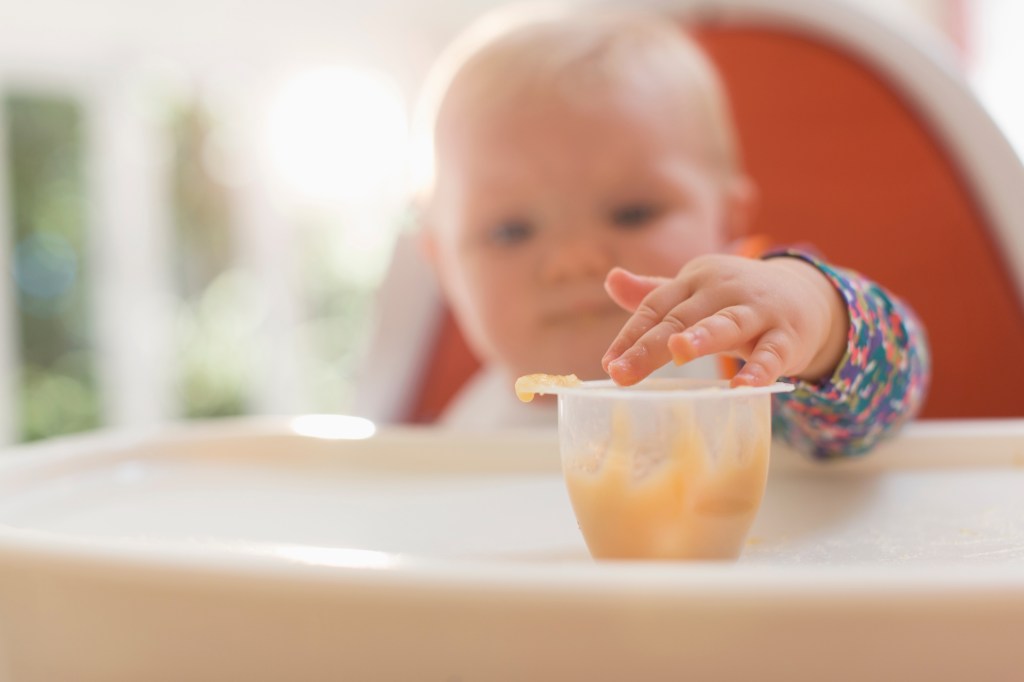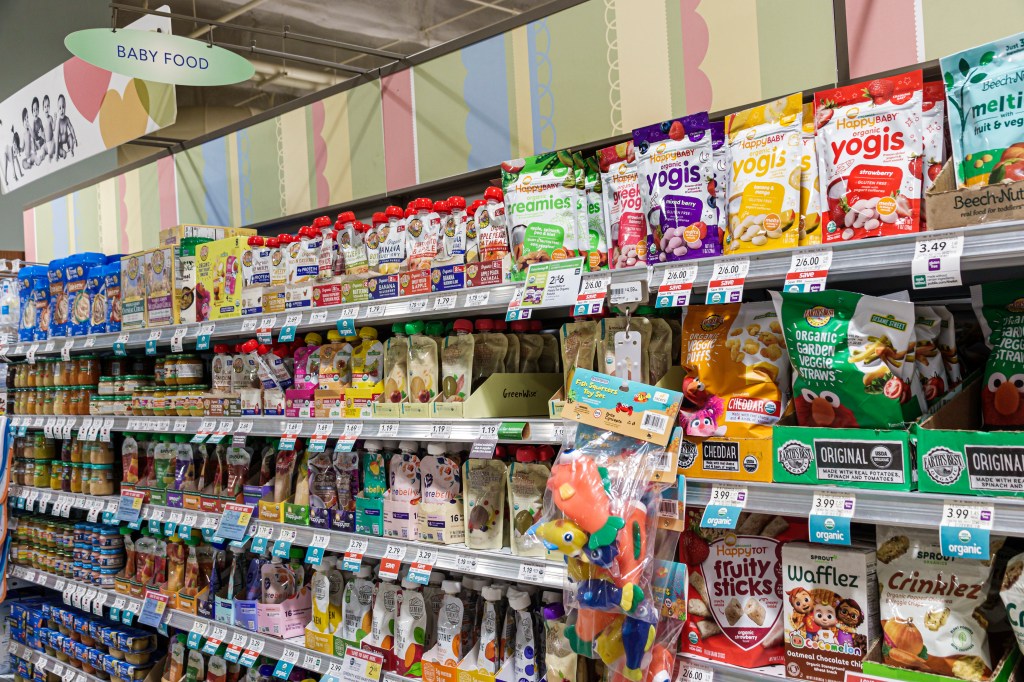
Armageddon?
Sixty percent of baby and toddler foods sold in the U.S. aren’t as nutritious as they may seem, according to a new study from the George Institute for Global Health.
The Australia-based research group compared data on 651 commercial baby foods to World Health Organization (WHO) guidelines, finding that 70% did not meet protein standards and 44% exceeded total sugar requirements.

“The bottom line is that these foods should not make up the majority of the diet for young children, but instead be used as part of their diet if and when needed,” Elizabeth Dunford, a researcher at the George Institute and adjunct at the University of North Carolina. assistant professor, told The Post.
“We just hope that manufacturers can work together to better inform parents about what’s in the foods they’re buying,” she added.
Institute researchers criticized baby food manufacturers for “misleading” marketing claims.
“For example, snacks and finger foods often refer to fruit or vegetables in the product name, despite being primarily made from flour or other starches,” said Daisy Coyle, a researcher and dietitian at the George Institute.

While popular, the pouches were among the unhealthiest products the George Institute rated. Fruit-based pouches may contain too much sugar, researchers reported.
The WHO does not want baby foods to have added sugars, including concentrated fruit juice, and supports sodium limits. Products that list a protein on the front of the package must contain a certain amount of that protein, be it fish, poultry or meat.
“I encourage parents to return the product and look at the nutrition label and the ingredients list,” Dunford told The Post. “Looking for products that have less sugar (per bag) and with ingredients they recognize is a good start!”
Dunford and her colleagues, whose findings were published Wednesday in the scientific journal Nutrients, are “urgently” calling for more U.S. government regulation of infant and toddler foods. They noted our growing epidemic of childhood obesity.
US lawmakers recently introduced the Children’s Food Safety Act of 2024, which would empower the Food and Drug Administration to limit toxic heavy metals in commercial baby food.
The legislation follows several reports of contaminants such as lead and arsenic entering food products for infants and young children. The FDA recalled pouches of fruit puree last year after it was found to be contaminated with lead, sickening dozens of children.
#Emergent #study #baby #foods #sold #unhealthy
Image Source : nypost.com
Leave a Reply